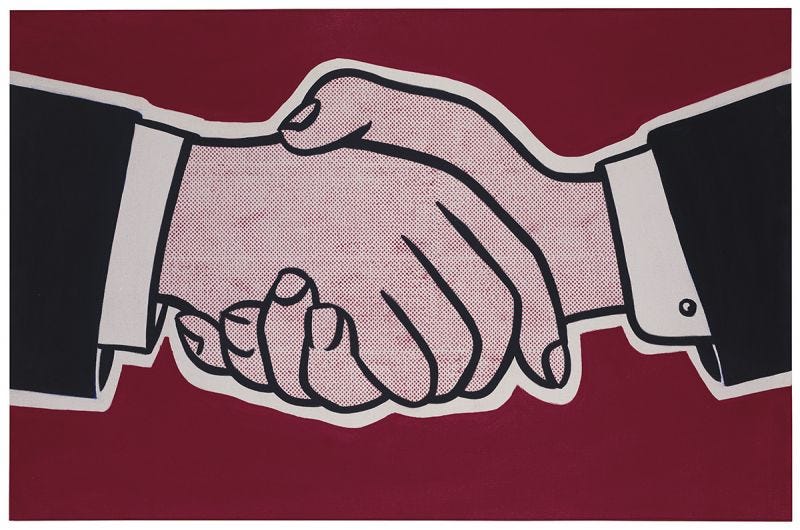This one’s about something I’ve been noticing a lot and can’t seem to unsee — kind of like when you buy a red car and then all you can see on the road are red cars.1
Recently I was visiting home. My parents, who I wouldn’t exactly call social, mentioned they were going out to meet friends. As if we'd reversed roles and gone back in time, I wanted to know: to where? to meet who? at this hour?
I got the full story after they returned home safe. These friends were old acquaintances. I wondered from when. They said they’d met when they used to live in upstate New York decades ago. My mom proceeded to process aloud how non-awkward and nice it was to meet again. And they’ve gotten together several weeks in a row now.
Everyone talks about the importance of the first impression. But I’ve started to think that — in life and work — we should be optimizing more for the second encounter. The obvious rebuttal is that if you mess up the first, you may not get a second, but I think it’s an overstated fear (and there are many great firsts that lead to spectacularly failed seconds too).
I. Making new old friends
The conversation about loneliness gets louder every day. But if we do need more friends, I think we optimize too much for new — meeting new people, in new places, in new situations. The conversations tend to be superficial or simplistic. There’s limited shared context. And naturally there’s low familiarity and trust.




